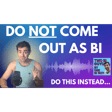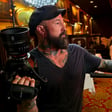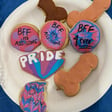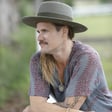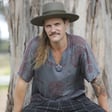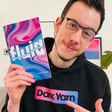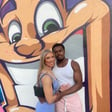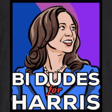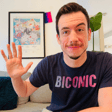
Queerness is a Gift
Queerness isn't without its challenges -- many of them serious and potentially harmful -- but at the same time, it's also a gift, one that forces us to look inward and get to know ourselves, one that connects us to a likeminded and supportive community, and one that helps us build the tools to survive and thrive as we move through the varied challenges life throws at us.
In our season 3 premiere, Alex is back and joins Rob to discuss our Pride experiences back in June, how the pansexual movement has been beneficial in making bisexuality more inclusive, the wide spectrum of gender non-binary identities (and how those with cis-passing privilege can use it in solidarity), the special relationship between bisexuality and trans/non-binary identities (yes, again), and the trouble with "chasing". We're also answering listener questions! This week we answered Qs about bi-romantic aces, what "bi-dentifiers" we use in the world to signal our bisexuality or queerness, what media is in our "bi head canon" right now, and more.
Expect episodes on a more regular basis this season! And stay tuned for some bi-conic guests! (And apologies for the poor audio quality on Rob's end -- we're trying out a new system this year, and the issue has been fixed for future episodes.)
Two Bi Guys is produced and edited by Rob Cohen
Created by Rob Cohen and Alex Boyd
Logo art by Kaitlin Weinman
Music by Ross Mintzer
We are supported by The Gotham (formerly IFP)
